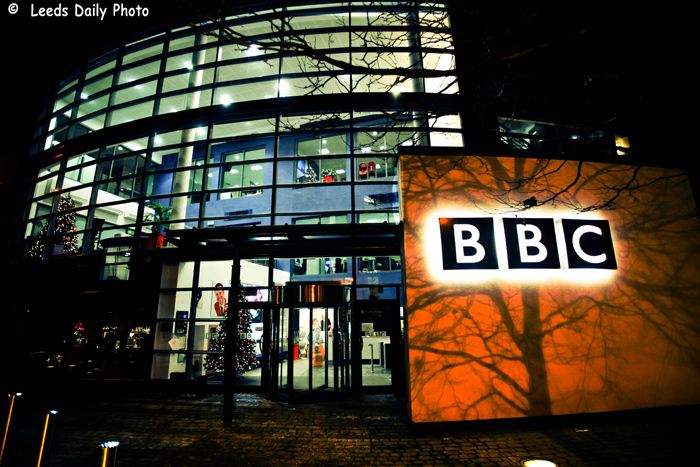Ofcom appears to be preparing to accept a raft of proposed changes to the output of BBC Radio 5 Live and BBC One and BBC Two, including a dramatic reduction in news and locally focused programming.
The government-approved regulatory and competition authority for the broadcasting industry is currently consulting on a number of requests made by the BBC to change the conditions of its operating licence in light of the current economic and industry state of play. Ofcom notes changing audience behaviours and well-funded newcomers to the broadcasting landscape as adding to the challenges faced from pressures on the licence funding model and rising costs.
Of particular note, the regulator appears to be preparing to permit the BBC to reduce its news and current affairs quota for Radio 5 Live, and also to accept the BBC’s request to reduce local news and entertainment programming on its main TV channels in favour of increased online programming.
In a response posted on its website this afternoon, Ofcom said:
“After careful consideration, we propose, in summary, to:
- accept the request to reduce the quota for news and current affairs on Radio 5 Live from 75% to 70%. This would allow the BBC to broadcast some additional sports content. Evidence suggests this would help extend its reach among younger people and those from lower socio-economic groups.
- accept the request to reduce certain quotas for news and non-news programming on the “opt-out” services [BBC One and Two’s regional variations – ed]. These proposed changes would, among other things, enable the BBC to increase its investment in online news, reflecting where audiences are increasingly turning to for news content, as well as in high-quality, high-impact, local content to be shown on the network channels.”
There was better news for lovers of live music as Ofcom intends to reject the BBC’s request to remove the live music quota for Radio 2. It responded: “Live music is a key element of the distinctiveness of BBC Radio 2, which is important to safeguard with quotas. We propose instead to amend the quota to exclude repeats and apply only to genuinely live or new specially recorded music.”
The News Media Association represents the interests of local and regional news organisations. Its CEO, Owen Meredith, said of the decision: “We are extremely disappointed that Ofcom have reached this conclusion and chosen not to halt these damaging plans from the BBC to cut funding to respected local radio production and instead invest further in online local news, which is already well served by commercial local news providers.”
Meredith added that as well as cutting the BBC’s vital local TV and radio provision, the move would negatively impact existing local news outlets: “We believe this expansion from the BBC will directly threaten the sustainability of local news titles and risks leading to the loss of jobs for local journalists,” he said. “We strongly urge the BBC to think again, and instead to build meaningful partnerships with commercial publishers to ensure a healthy and plural local news ecosystem – working with us, and not against.”
Ofcom’s proposals are set out in its consultation document, which can be viewed on the regulator’s website. It is inviting interested parties to give their views on the proposals, which must be submitted by January 18, 2023.










